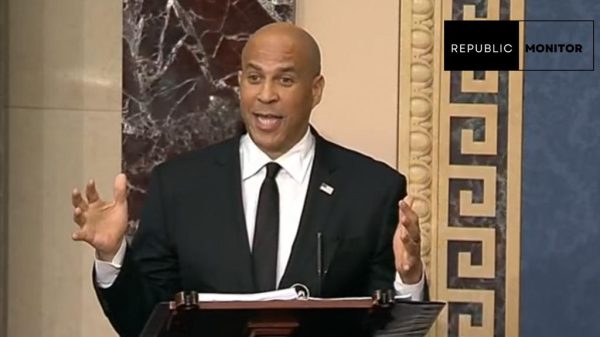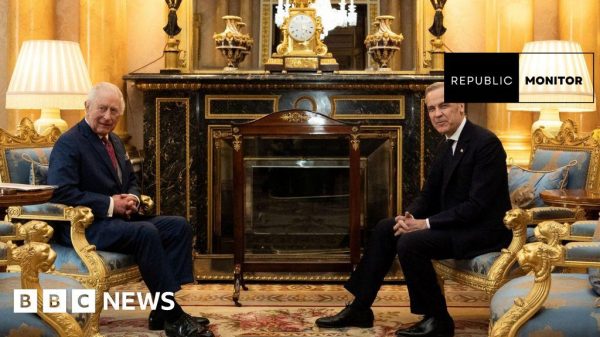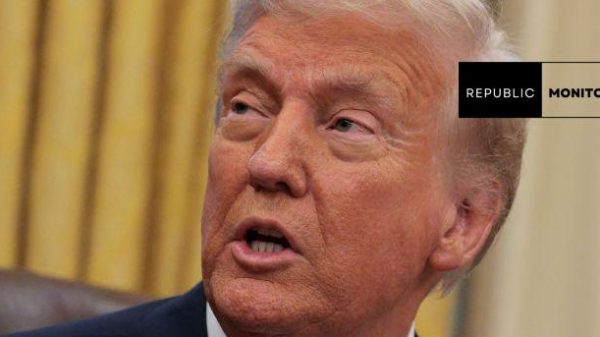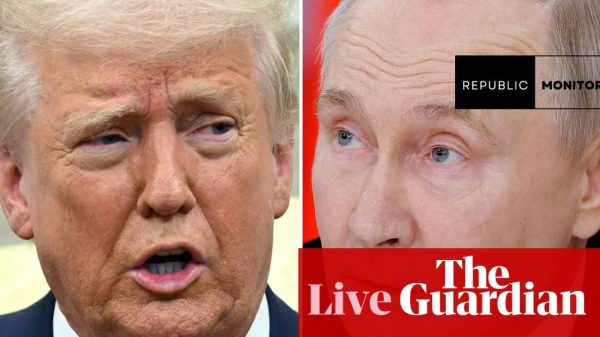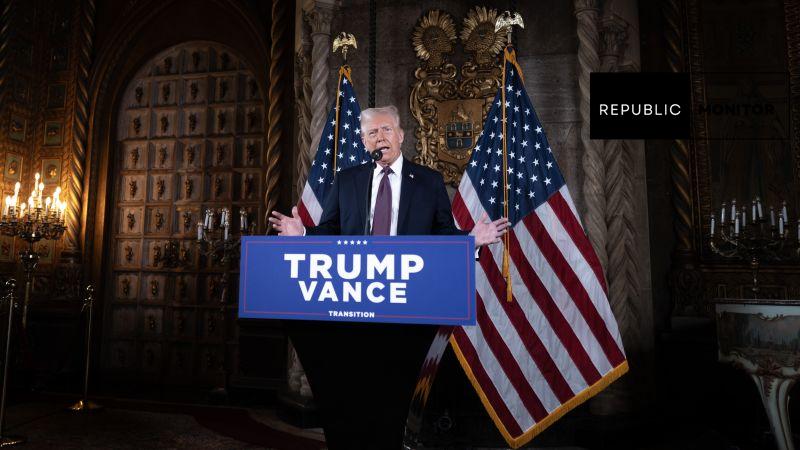In a surprising turn of events, former President Donald Trump has made headlines again with his suggestions about Canada potentially becoming the United States’ 51st state. This comment has sparked a wave of reactions from Canadian leaders who see it not just as a joke, but as a serious threat. With Trump’s history of controversial statements, it raises the question of what this means for U.S.-Canada relations and the future of North America.
Trump’s Eye on Canada: What’s Really Going On?
Trump’s recent comments about Canada have caused a stir. He mentioned how he might consider using “economic force” rather than military action to annex Canada. During a dinner at his Mar-a-Lago resort, he repeated the notion that Canada could become another state of the U.S., describing it as a proposal that’s no longer funny. Canadian Finance Minister Dominic LeBlanc responded, calling it a way to create confusion and something that should be taken seriously.
The Reactions Pour In
- Prime Minister Justin Trudeau’s administration reacted quickly. Trudeau himself dismissed the annexation suggestion, stating that Canada is a strong, independent nation.
- Ontario Premier Doug Ford highlighted that Canada sends a vast amount of oil—approximately 4.3 million barrels daily—to the U.S., emphasizing Canada’s importance to the American economy.
- Liberal MP Judy Sgro called Trump’s comments “counterproductive,” suggesting that he should focus on issues facing the U.S. instead of sowing discord with Canada.
- Many Canadian officials are concerned about Trump’s mention of tariffs, which could harm trade relations if he follows through with any threats.
What About Greenland and Panama?
In addition to Canada, Trump has directed attention towards Greenland and Panama, showcasing an expansionist viewpoint of foreign policy. He believes that each nation should strive for unilateral benefits, suggesting that the U.S. should be focusing on its own power in the hemisphere. For example, Trump made remarks about possibly wanting to regain control over the Panama Canal, highlighting his aggressive approach to foreign relations. This has drawn criticism internationally, with accusations that he is disregarding international law and agreements.
The Trump Doctrine: A Shift in Strategy?
Trump seems to be advocating for a new kind of policy that differs significantly from previous administrations. His approach appears to echo a modern twist on the Monroe Doctrine, which originally aimed to limit European interference in the Americas. This stance suggests that the U.S. should reclaim its dominance in the Western Hemisphere and prioritize its own interests above others. However, as he continues to reiterate these ambitions, it could lead to strained relationships with not only Canada but with other neighboring countries in the region.
Why This Matters
The implications of Trump’s statements could have long-lasting impacts on the relationships in North America. Many view the talk about Canada as an attempt to gather support from certain voter bases, but it might also be a serious proposal that could upset the delicate balance of Canadian and American relations. With trade deals and economic partnerships on the line, it’s crucial for both U.S. and Canadian officials to navigate this situation carefully to avoid any unnecessary tensions.
Looking Ahead: Navigating Uncertain Waters
As the dust settles from Trump’s comments, both countries are preparing for the possibility of more talks on tariffs and trade. Canadian officials are working diligently to prevent any threats of economic repercussions while ensuring that their own voices are heard and respected on the international stage. The conversations stemming from Trump’s bold claims certainly highlight the complexities of politics in today’s world and set the stage for an interesting chapter in the history of U.S.-Canada relations.

